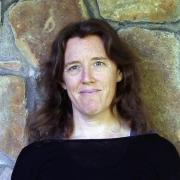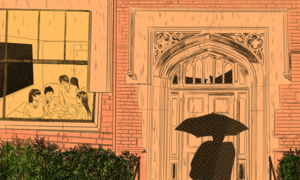page
Music Reconstructed: Adia Victoria and the Landscape of the Blues
Installment 3 When we consider the trauma of white supremacy during the Jim Crow era—what writer Ralph Ellison describes as “the brutal experience”—it’s important to understand the resilience and joy that sustained Black
April 12, 2022



